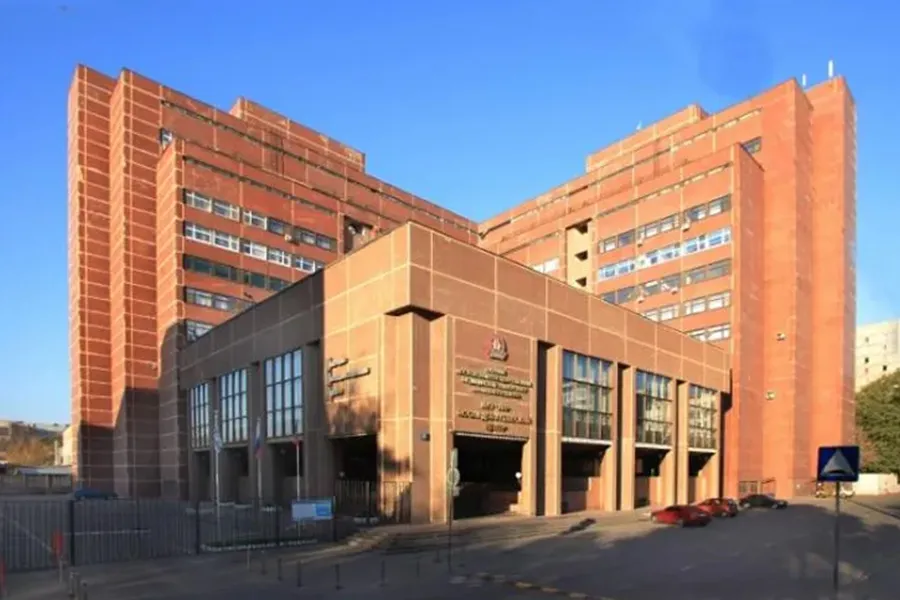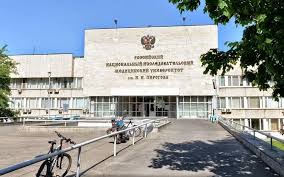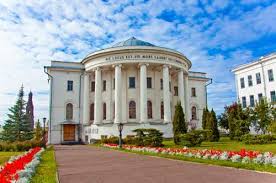Top Medical Schools in Russia

I.M. Sechenov First Moscow State Medical University
Established in 1758, Russia's oldest and most prestigious medical school. Known for robust research partnerships and elite clinical infrastructure, with an admission rate of ~2.7% :contentReference[oaicite:1]{index=1}.

Pirogov Russian National Research Medical University
Founded in 1906 in Moscow, this public research-intensive university is recognized by Russia’s Ministry of Health and ranked worldwide :contentReference[oaicite:2]{index=2}.

Kazan State Medical University
Established in 1814 in Kazan, known for its medical, dentistry, pediatrics, nursing, and pharmacy programs. Highly ranked among medical universities in Russia :contentReference[oaicite:3]{index=3}.